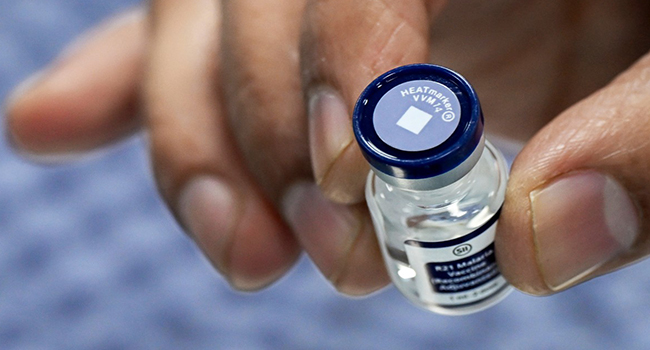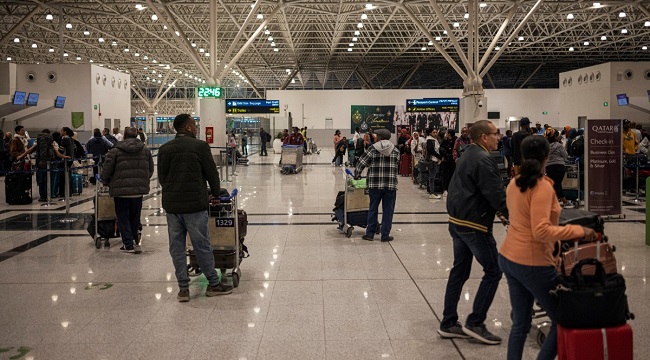
This is according to the World Health Organisation.
The spread of the two-month-old outbreak, which Guinean authorities earlier said had been contained, risks further complicating the fight against the virus in a region already struggling with weak healthcare systems and porous borders.
Seven confirmed cases and nine suspected cases of Ebola are being dealt with in Sierra Leone.
The announcement comes after the WHO said on Monday that five people had died in the country’s first confirmed outbreak of the virus, signaling a new expansion of the disease which regional officials said had been brought under control.
“For Ebola in Sierra Leone for the last few days we have a total reported of seven confirmed cases and nine suspect cases. All of them are reported in the Koindu district, which is in the Kailahun prefecture which is bordering Guinea, notably bordering Gueckedou, the first site of Ebola in guinea,” said Dr Pierre Formenty from the WHO’s Department for the Control of Epidemic Diseases.
Ebola, a hemorrhagic fever with a fatality rate of up to 90%, is believed to have killed some 185 people in neighbouring Guinea and Liberia since March in the first deadly appearance of the disease in West Africa.
Authorities have identified several ways the virus has been transmitted, but human to human is the most prevalent form.
“We have been able to identify several chains of transmission. One of them starts, I would say, in the forest. But more importantly, this chain of transmission have lasted for six months now, through contact, human to human transmission, and again, through caring of people without precaution, through transmission within health care facilities, and through people attending funeral without precaution and being in contact of people dying of Ebola.”
The West African outbreak spread from a remote corner of Guinea to the capital, Conakry, and into Liberia, causing panic across the region.




